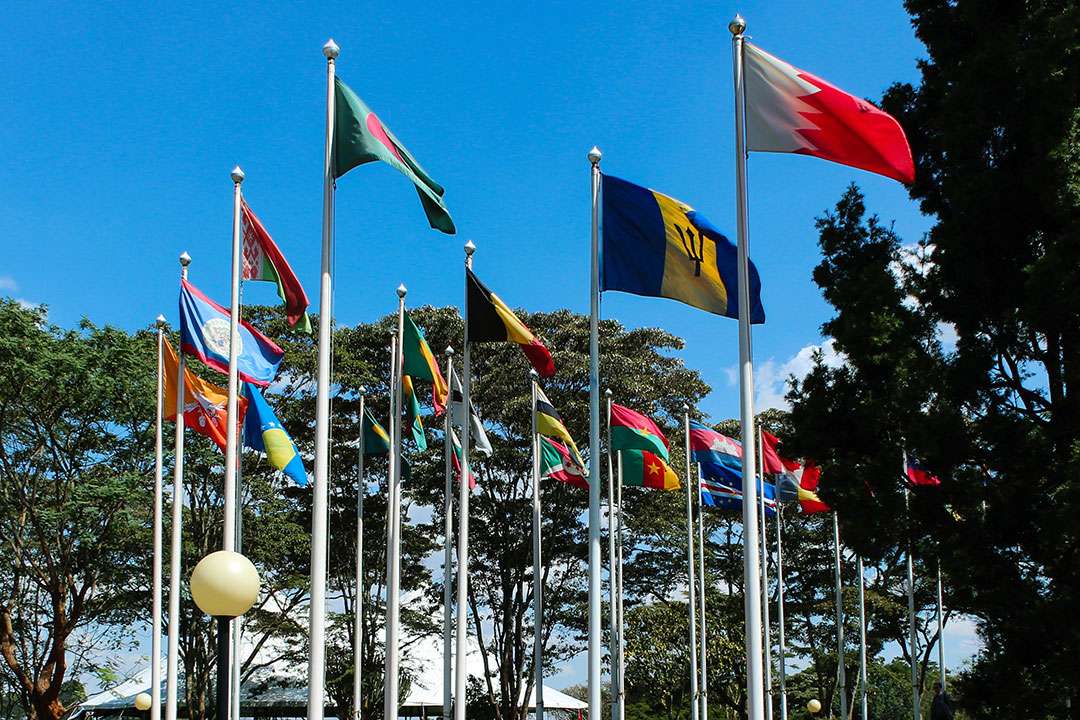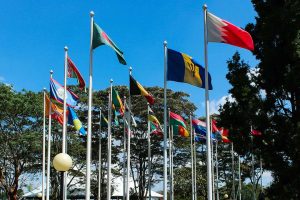February 2019: Ahead of the fourth session of the UN Environment Assembly (UNEA-4), the Executive Director of the UN Environment Programme (UNEP) issued recommendations on strengthening the Assembly’s contributions to the UN High-level Political Forum on Sustainable Development (HLPF). The report titled, ‘Progress in the Implementation of Resolution 3/3 on Contributions of the United Nations Environment Assembly to the High-level Political Forum on Sustainable Development’ (UNEP/EA.4/6), reports on implementing a resolution adopted by the previous UNEA session, in December 2017.
By that text, Assembly members called for enhancing UNEA’s contributions to the HLPF in order to provide “the overarching environmental perspective of sustainable development,” as well as to promote “coherent implementation” of the environmental dimension of sustainable development within the UN system.
First, the report highlights that in 2018 the Assembly prepared input to the UN Economic and Social Council (ECOSOC) President’s process for assessing progress, challenges and lessons learned in implementing the SDGs. The input from UNEA becomes part of the synthesis of voluntary submissions from intergovernmental bodies to the HLPF.
To further enhance UNEA’s contributions in this regard, the report suggests instituting reporting by the multilateral environmental agreements (MEAs). Conference of the Parties (COP) representatives would update the UNEA on their work and provide policy recommendations for implementing the SDGs. A summary of this reporting would be presented to the HLPF.
As a second contribution of UNEA in 2018, the UNEA President addressed the HLPF’s ministerial segment, covering the outcomes of UNEA-3, impacts of pollution on the environment and human health, and recommendations for government responses to pollution. The report recommends following this precedent in future HLPF sessions because of the “symbolic significance” of an environment minister addressing other types of ministers and high-level officials. Continuing this practice will require “strong political support” from Member States, the report notes.
The report also notes activities by each of UNEP’s regional offices to support the 2018 meetings of the regional forums on sustainable development, which are held in part to prepare regional inputs to the HLPF. As recommendations for enhancing UNEA’s contributions with regard to the regional level, the report suggests:
- Holding a session during UNEA’s meetings to enable environment ministers and authorities from each region to discuss implementation of the SDGs at the regional level. This reporting would be captured in the UNEA outcomes and conveyed to the HLPF.
- Exploring concrete mechanisms for strengthening the relationship between the regional forums for sustainable development and the regional forums of ministers for the environment and environment authorities, such as by having the chairs of the regional ministerial forums speak during the regional forums on sustainable development, in order to “shed light on emerging environmental challenges in the region and areas for cooperation and partnership.”
Among other recommendations, the report suggests that UNEP be mandated to help countries assess their integration of environmental considerations into implementation of the 2030 Agenda for Sustainable Development.
UNEA-4 convenes in Nairobi, Kenya, from 11-15 March 2019, on the theme, ‘Innovative Solutions for Environmental Challenges and Sustainable Consumption and Production.’ [Progress in the Implementation of Resolution 3/3 on Contributions of UNEA to HLPF] [SDG Knowledge Hub story: UNEA at a Glance: What You Need to Know about the Environment Assembly’s Fourth Session] [IISD RS Coverage of UNEA-4]

